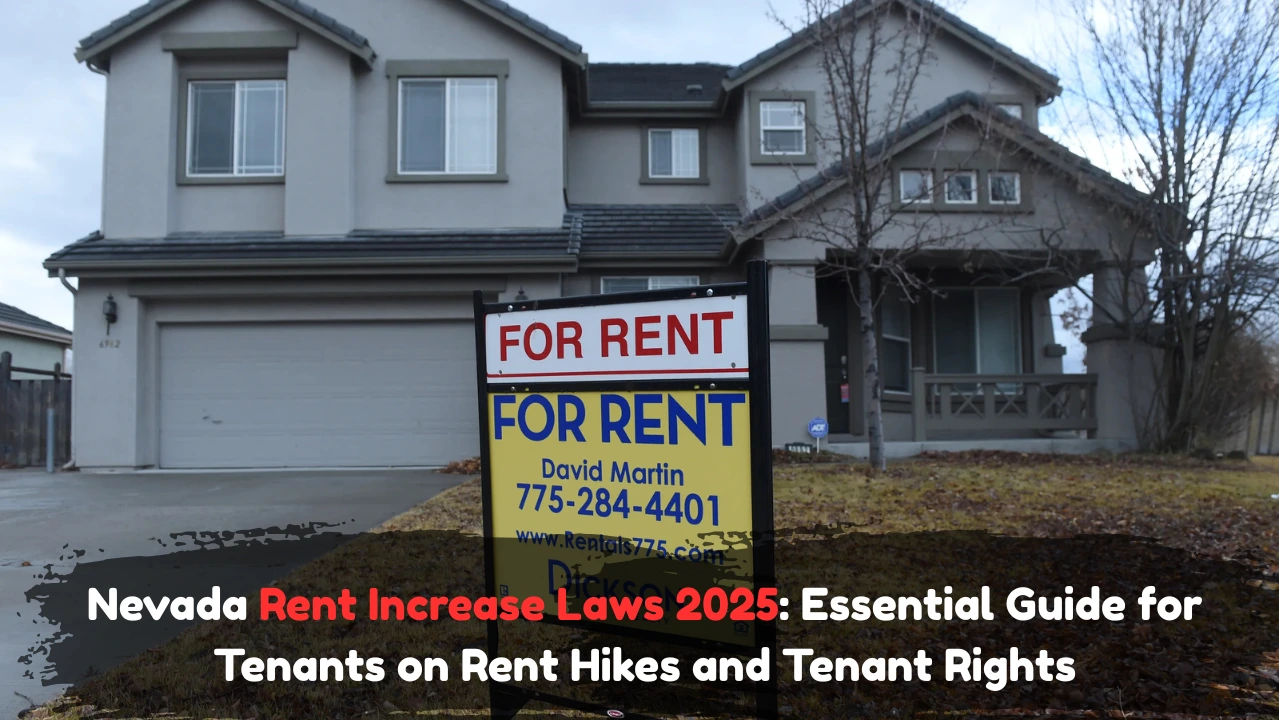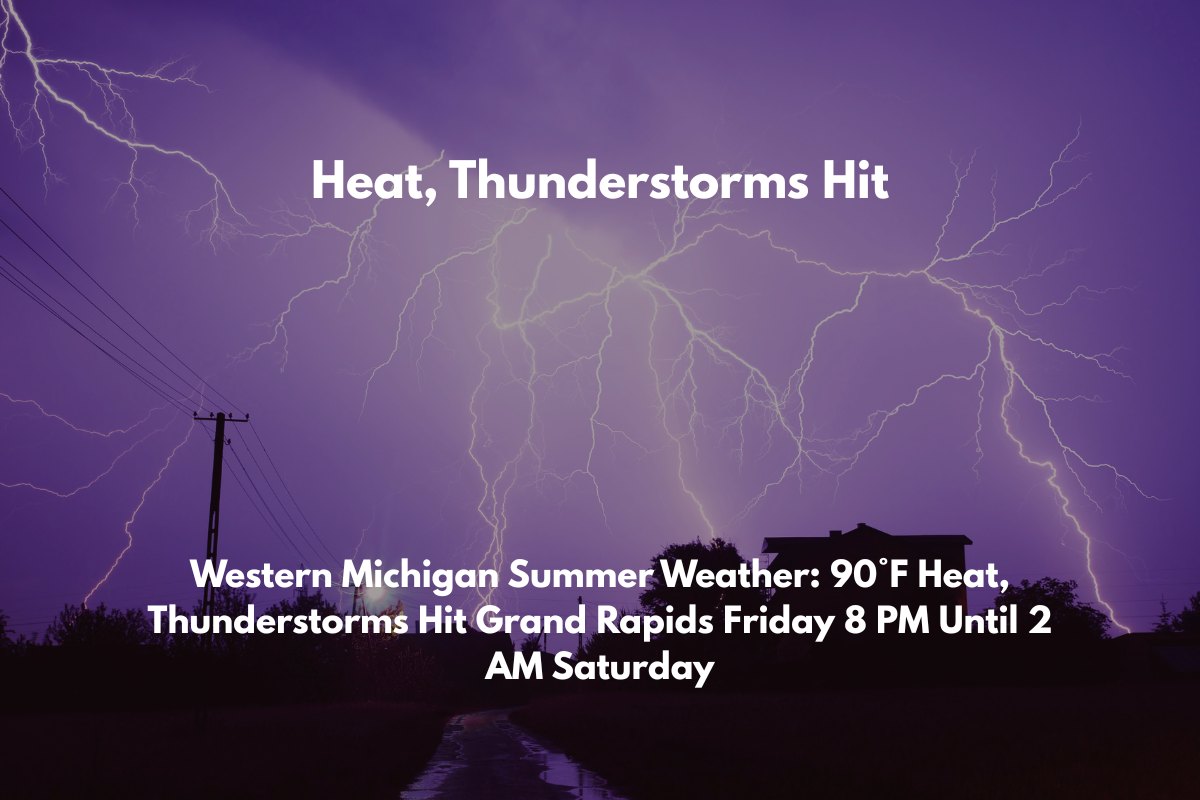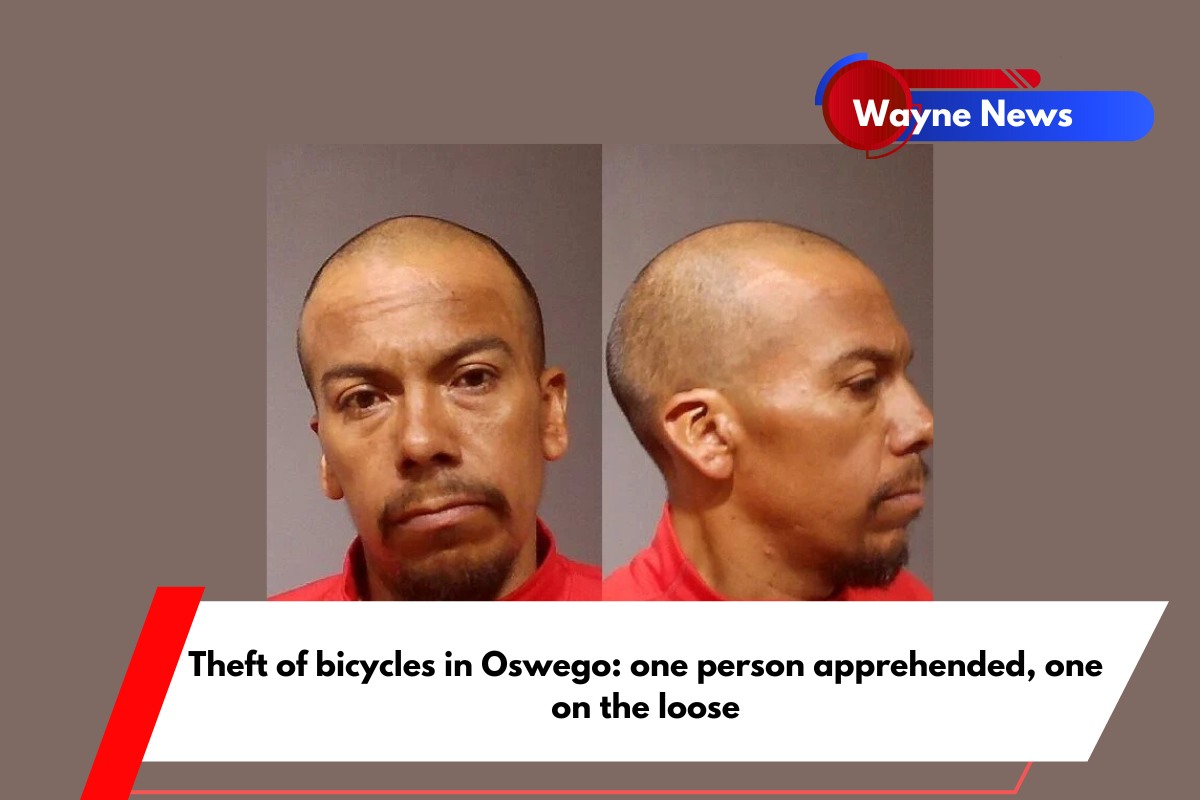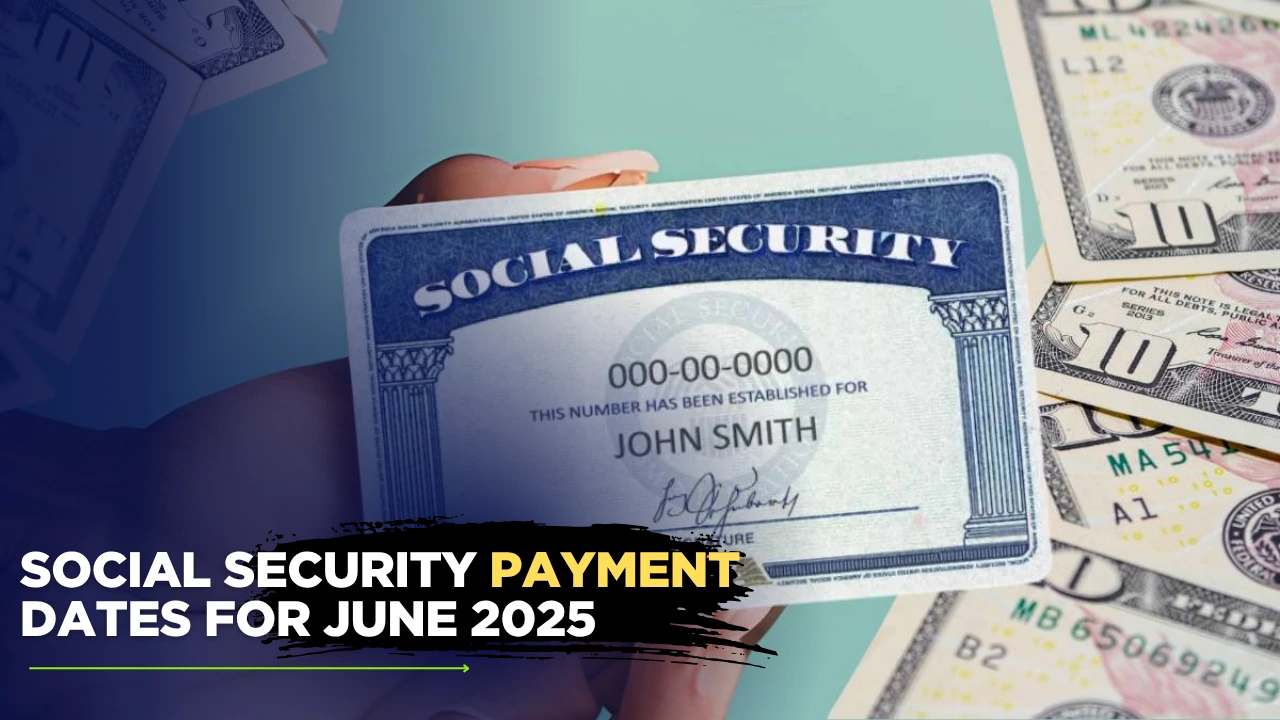Nevada’s rental market in 2025 continues to lean heavily in favor of landlords, with minimal statewide rent control protections—making it one of the most landlord-friendly states in the nation. However, recent legislative updates and tenant-focused protections signal that renters should stay vigilant this year. Here’s a detailed breakdown of the latest rent increase rules and tenant rights across Nevada.
No Statewide Rent Control—But Exceptions Apply
For most renters, Nevada still does not enforce statewide rent caps. Landlords can raise rent by any amount once a lease ends, as long as they provide proper written notice. There are no limits on how often or how much rents can be increased for typical residential leases.
Notice Periods: What Renters Should Expect
- Month-to-month leases: Landlords must give at least 60 days’ written notice before a rent increase.
- Week-to-week leases: A minimum of 30 days’ written notice is required.
- Fixed-term leases: Rent cannot be raised during the lease term unless the lease agreement explicitly allows it. For renewals, landlords typically provide 60 days’ notice before the new lease starts.
New Caps for Manufactured Home Parks
A significant update in 2025 affects tenants in manufactured home parks. New legislation (BDR 10-755) caps rent increases for month-to-month tenants based on the Consumer Price Index for the West Region. This means landlords can only raise rent by up to 60% of the annual CPI change, offering long-overdue stability to this vulnerable group.
Special Protections for Elderly Tenants
Starting July 1, 2025, Nevada introduces a cap on rent increases for elderly tenants—no more than 10% per year for those currently renting. This new law aims to shield senior renters from sudden and unaffordable rent hikes.
Prohibitions on Discriminatory and Retaliatory Rent Hikes
Nevada landlords are prohibited from raising rent as retaliation against tenants who exercise their legal rights, such as requesting repairs or reporting code violations. Discriminatory rent increases based on race, gender, disability, or other protected characteristics are also illegal.
What Should Tenants Do If They Get a Rent Increase Notice?
- Check your lease to understand your rights and the lease terms regarding rent hikes.
- Confirm proper notice was given—ensure it’s in writing with the new rent amount and effective date.
- Communicate with your landlord—sometimes negotiation can lead to more affordable solutions.
- Seek legal help if you suspect retaliation, discrimination, or improper notice.
Stay Informed and Protected
As Nevada’s rental laws continue to evolve amid ongoing debates about tenant rights and rent control, renters must stay informed to avoid surprises. Knowing your rights can make all the difference in managing rent increases smoothly.
Bottom line: While Nevada offers no broad rent control, tenants gain protection through required notice periods, new rules for manufactured home parks, and senior renters. Staying aware of these regulations is crucial for navigating Nevada’s 2025 rental landscape.
Sources:
- Nevada Landlord-Tenant Laws — DoorLoop
- Hemlane Rental Guides — Nevada
- Nevada Legislative Bill BDR 10-755
- Steadily Blog: Nevada Rent Increase Laws













